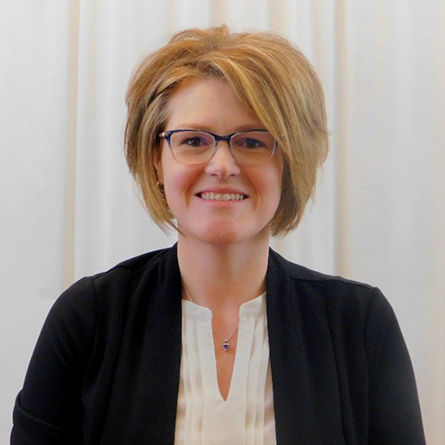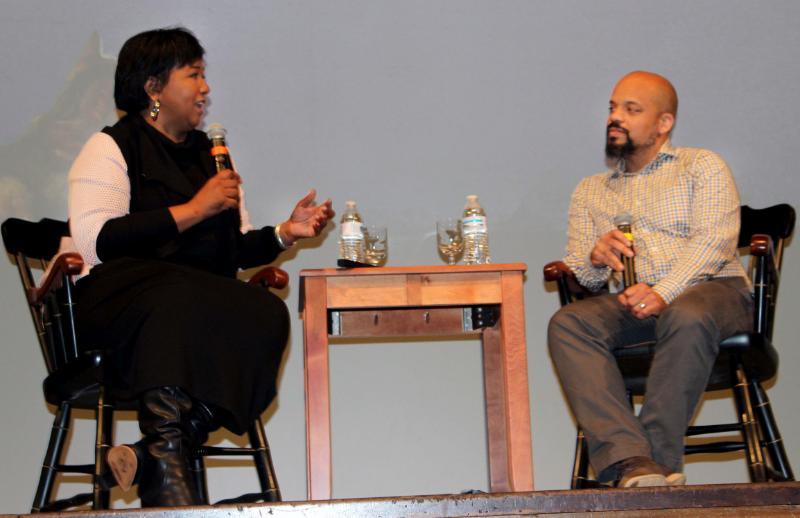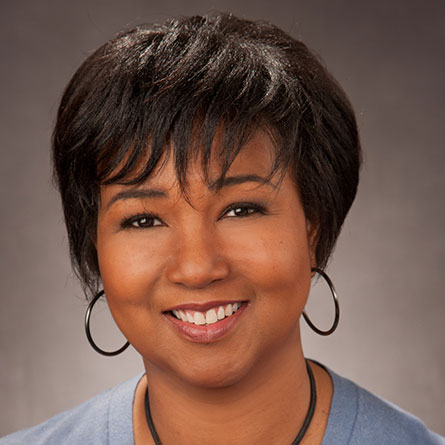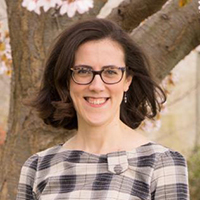
Conscious Inclusion: Dr. Mae Jemison Highlights the Complexity of Science, Race and Power
Throughout Dr. Mae Jemison’s journey to become the first woman of color to go into space, there were instructors who didn’t believe in her.
Today, Jemison is inspiring the next generation. She discussed the need for greater inclusion and more perspectives during her keynote address on Science, Race and Power, to an audience of more than 500 students, staff, faculty and community members at Connecticut College on Oct. 10.
“We lose so much potential and so much talent when there is this exclusion of people, very consciously many times,” Jemison said. “Every group of people has talents and has made incredible contributions. It means that my task is to consciously include as many people as possible and try to make sure that that road is open.”
Jemison is building a global community that will foster the framework for human travel beyond our solar system in the next 100 years. This nonprofit, 100 Year Starship, engages the scientific community to develop a deeper knowledge of space travel and ways to improve life on Earth.
One way, Jemison said, is to connect with each other beyond technology. Her newest initiative, LOOK UP, encourages everyone in the world to look at the sky, record what they see, and submit these through the Skyfie app on Thursday, Oct. 18.
Harvard professor of astronomy John Asher Johnson joined Jemison on stage for a conversation after her talk and echoed the need to reconnect with the world.

“I always make a point at least one of the nights to step away from the computer, go out on the rail around the telescope, let my eyes adjust and stare up,” Johnson said. “When I do that it reminds me of that human part of being a scientist. Curiosity and a desire to know is a fundamental human characteristic, and there are no lines we learned to draw from divisions.”
Science, Race and Power was the keynote event for Syzygy, the theme of this year’s Center for the Critical Study of Race and Ethnicity (CCSRE) collaborative programming with STEM departments. It’s the first in a series of programs that will foster open dialogue around perspective, privilege and systemic oppression in the sciences and across all disciplines.
“Dr. Jemison's talk was not about her accomplishments per se, but mostly about all the people who helped her along the way, the people who came before her and what she is trying to do for the next generation,” said Nathalie Etoke, associate professor of French and Africana Studies and Interim Director of the CCSRE.

Students said they were inspired.
“It was both amazing and comforting to see someone like me do great things,” said Shay Borden ’21. “Amazing because I could see a black woman like me accomplishing groundbreaking things, and comforting because she gave me the knowledge I can do anything with a bit of work and a passion.”
The event was hosted by the CCSRE with support from the offices of the President, Dean of Institutional Equity and Inclusion, and Dean of the Faculty, the Sykes Foundation, the Academic Resource Center, the Goodwin Niering Center for the Environment, the Toor Cummings Center for International Studies and Liberal Arts, the Environmental Studies Program, and the Departments of Astronomy, Physics and Geophysics, Biology, Dance, and Gender, Sexuality and Intersectionality Studies.
See more coverage of this event in The Day.

